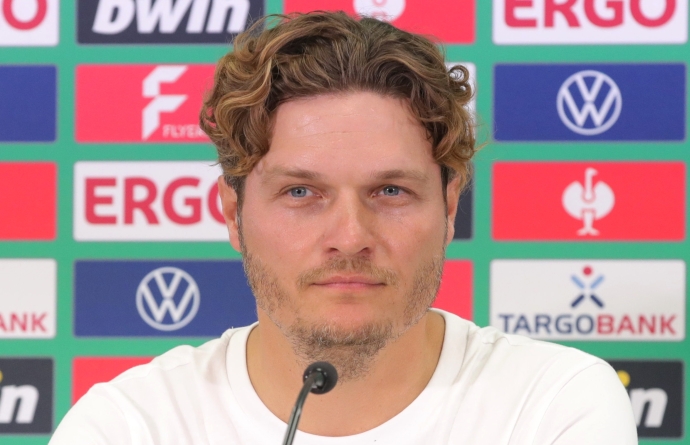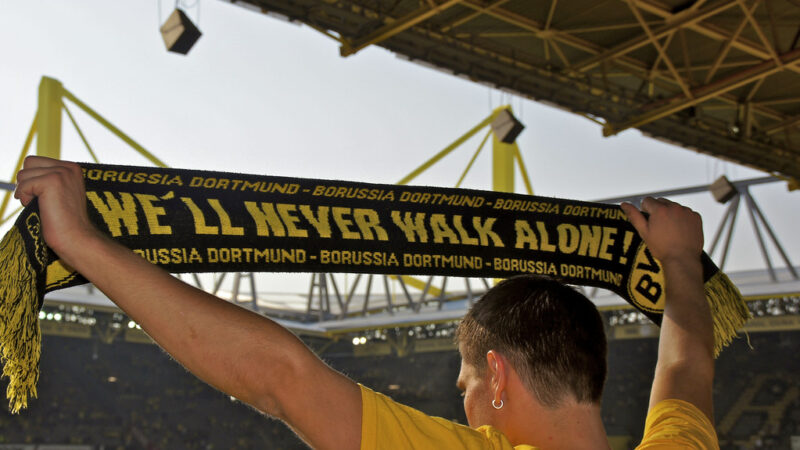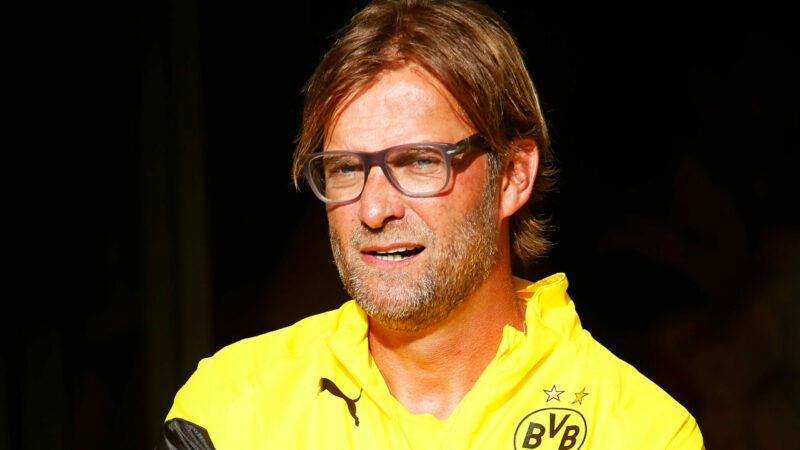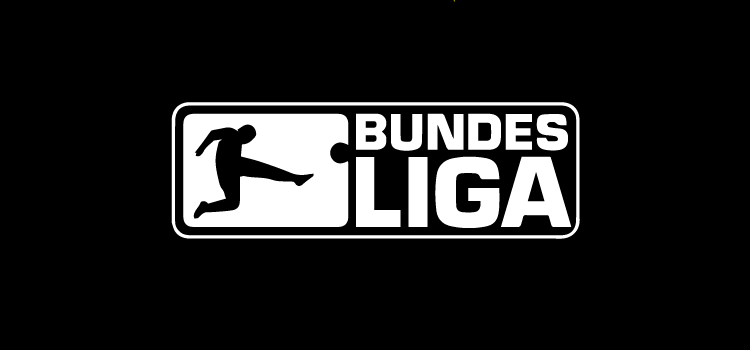Greatest Signings: Stefan Reuter

During the early to mid-1990’s, German football was experiencing something of a boom period. After winning the World Cup in 1990 and reaching the final of Euro ’92 in Sweden, they under performed at the 1994 World Cup in the U.S.A but bounced back and won Euro ’96 in England. Many German clubs and other clubs across Europe benefitted from this upturn in fortunes for the national side. Great players emerged such as Andy Moller, Matthias Sammer and Jurgen Klinsmann. There were also many unsung heroes of German football in this time. One of those was Stefan Reuter.
Reuter was born in Dinkelsduhl, West Germany in 1966. He started his football career at his local team being played as a right-sided defender or midfielder. His talent was soon spotted by F.C Nuremberg. In his first season at the club, Nuremberg were promoted from the 2.Bundesliga to the Bundesliga. He spent the next three seasons at Nuremberg before Bayern Munich realised that Reuter was ready for a marked step up. He moved to Munich in 1988 and continued to play on the right side of midfield or defence. He won the Bundesliga consecutively in his first two seasons with the club. Reuter had made a name for himself as one of the best defenders in Europe.
Before joining Nuremberg, Reuter had already won the 1984 under 16 World Cup with Germany and was being earmarked as a star for the future. He made his national team debut, aged 19, in 1987. He would soon make himself indispensable to the West German national team and was part of the team that won the 1990 World Cup in Italy. He would appear as a 73rd-minute substitute in the final, replacing Thomas Berthold at right wing back. His stamina and work rate would make him ideal for that position. His delivery was also exemplary, often chipping in with assists. Although a united Germany would fail to make much of an impact at the World Cup in 1994, and were unexpectedly beaten by a Denmark team considered rank outsiders in the 1992 European Championship final, 1996 would be a golden year for them once more. Reuter would miss only the quarter-final and, unfortunately for him, the final of the tournament, a second yellow card of the tournament rendering him unavailable for the crowning moment of German football in the mid-1990’s.
On the back of the World Cup in 1990, Reuter’s stock remained high. However, he was unable to help Bayern to a third consecutive Bundesliga title. At the end of that season, it was common knowledge across Europe that Reuter was available. Many of Europe’s best came calling and a move to Liverpool was all but done until Reuter had his head turned by compatriots who were playing in the Serie A. He eventually moved to Juventus. He would only make 28 appearances for the Old Lady of Italian football though and left after one season. He left at the end of the 1991/92 season and returned to Germany with Borussia Dortmund. Ottmar Hitzfeld paid £1.8 million for the right wing back’s arrival at the Westfalenstadion.
Dortmund were becoming a huge draw in Germany alone after an unlucky second place finish in the Bundesliga in 1991/92, finishing only behind VFB Stuttgart on goal difference. Ottmar Hitzfeld was clearly building something special. Like his time at his previous clubs, Reuter would prove to be an effective cog in a successful machine. In his first season BVB were runners up in the UEFA Cup final over two legs, losing 6-1 on aggregate to Reuter’s former club Juventus. 1993/94 would end fruitless for the Westphalian side, but they wold win the Bundesliga for the first time in 32 years in 1994/95. The following season would begin with the club winning the DFB Superpokal and end with their second consecutive Bundesliga. 1996/97 would be one of, if not the, greatest season in the club’s history. They would retain the Superpokal at the beginning of the season and finish 3rd in the Bundesliga. However the BVB would win the Champions League for the first time in their history, beating Juventus 3-1 in the final in Munich. Reuter would play in the final and throughout the competition. He was now a mainstay of the team at right wing back. Beating his former club, at another of his former clubs’ stadiums – it must have been extremely sweet for Stefan Reuter.
When Ottmar Hitzfeld left for Bayern in June 1997, Dortmund suffered as a result. They won the Intercontinental Cup, beating Cruzeiro in December that year, but would not win a trophy for another 5 years. By that time they would be on their fifth manager. But, when they won the 2001/02 Bundesliga, they had a manager in Matthias Sammer that knew the club inside out and had put together a squad that was built for any eventuality. He had combined the youth and energy of Tomas Rosicky, Amoroso and Dede, with the experience and guile of Reuter, Jurgen Kohler and Jorg Heinrich. It was a combination that was extremely successful for Sammer. After finishing 3rd in a tough Champions League group the following season, they reached the final of the UEFA Cup. They were again beaten, this time by Feyenoord, at De Kuip. He would play on for another 2 years before retiring from professional football at the age of 37, in 2004. He made 307 appearances for Dortmund and scored 11 goals.
Stefan Reuter spent his career as an unsung hero. He would get forward when needed and get back when needed, going about his business quietly and efficiently. He was a mainstay of every team he played for due to his work rate, reliability and consistency. His ability to get forward as effectively as he got back made it impossible to be dropped, as did his versatility on a football pitch. All it took was for Reuter to make the move to the right club before he would eventually write his name into that club’s folklore. Borussia Dortmund were that club. 307 appearances over 12 years for BVB, compared to a combined 248 for his previous 3 clubs before that, support this claim. Stefan Reuter should not just be seen as one of the best right wing backs in Borussia Dortmund history, but also one of the best in European footballing history.






